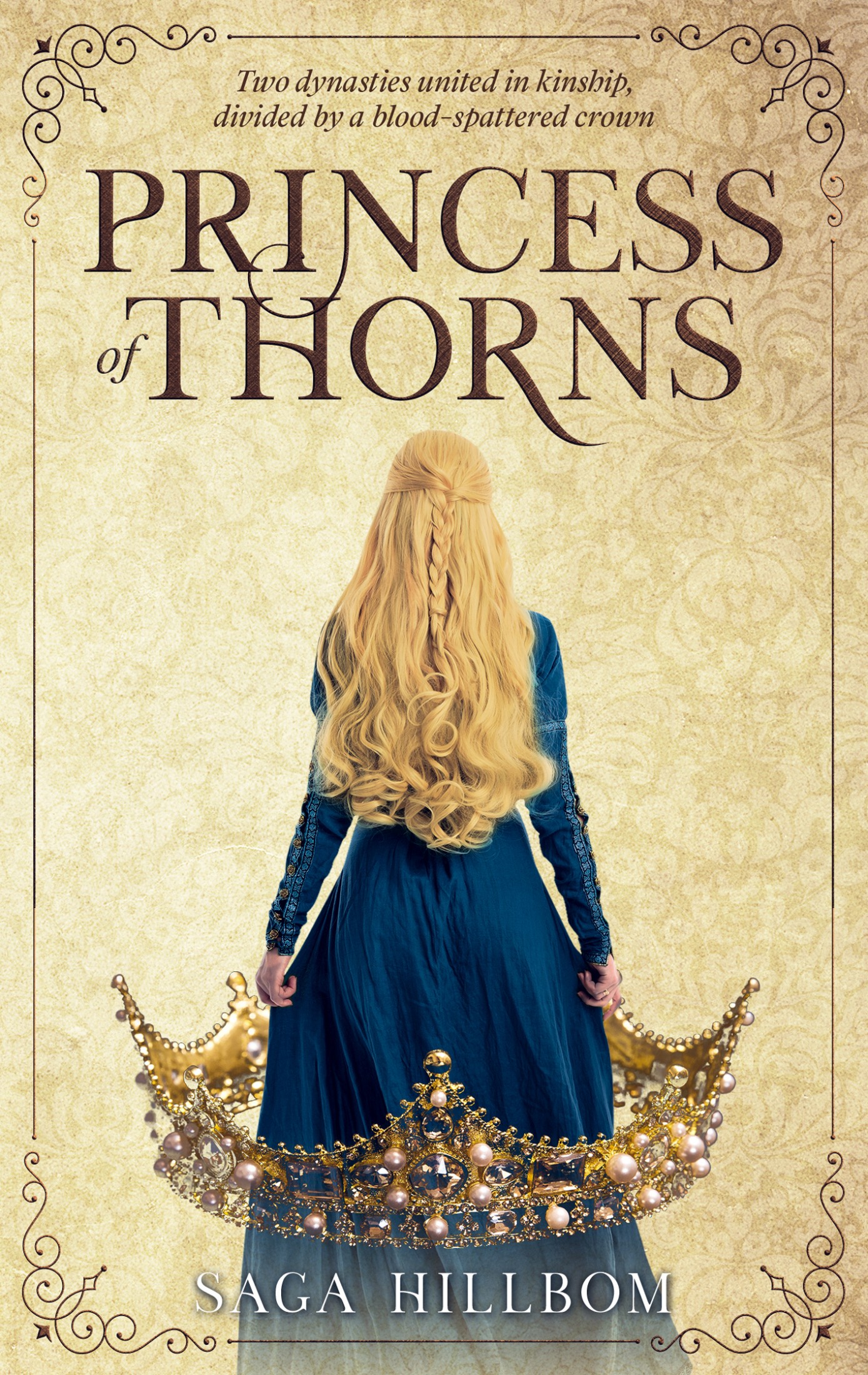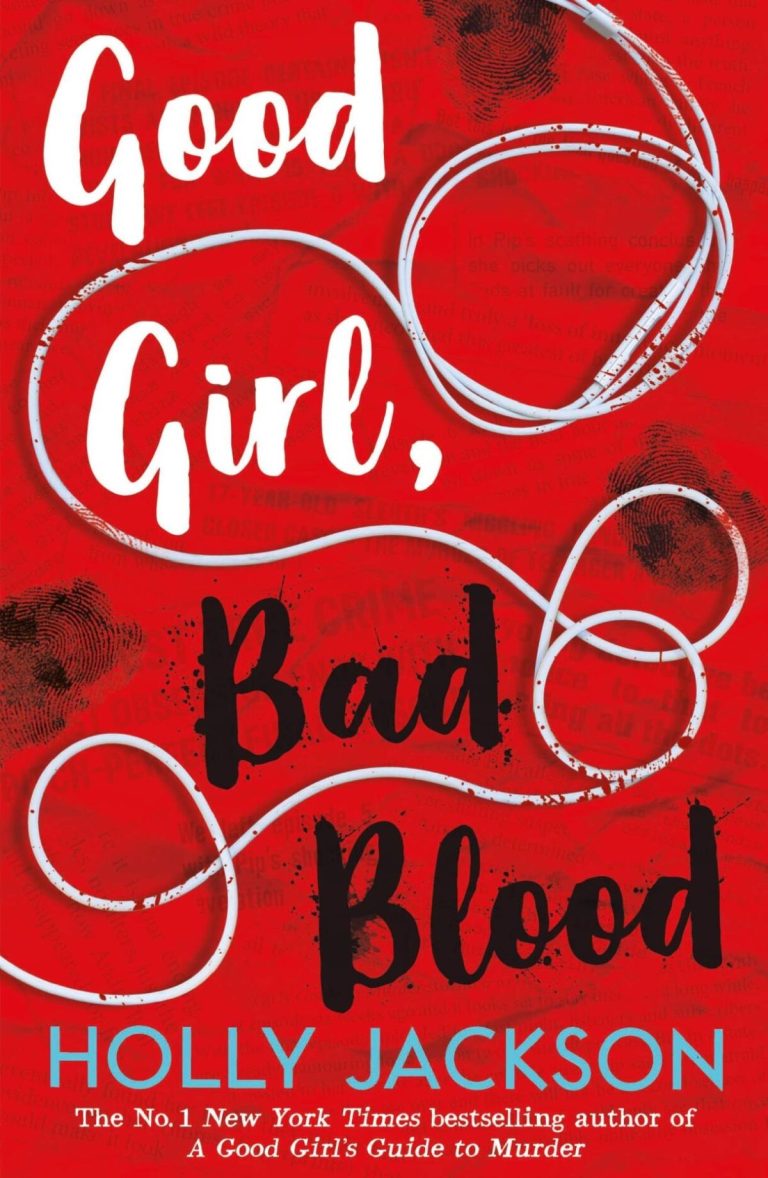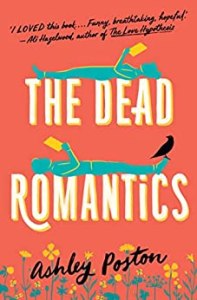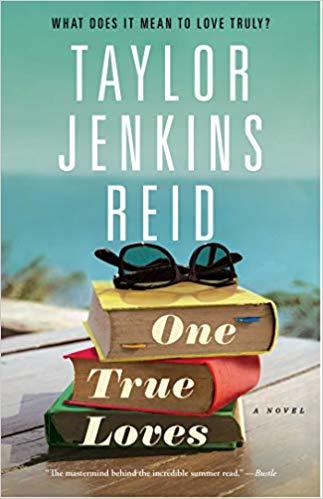
Do you have a favourite genre to read or write in? I would love to explore other types of books someday, but for now, I wouldn’t want to switch historical fiction for the world.
- History is so much fun! This probably sounds a bit childish, but I don’t love history because it helps me understand our present day society and cultures. I love it for all the intriguing stories, from savage murders to scandalous affairs and hilarious anecdotes. This is why I chose to write historical fiction in the first place. As they say, fact is sometimes stranger than fiction, and where to find a great plot if not in the historical archives?
- Another plot-related perk is that I always know where I am heading since the ending has already been decided. Outlining is very easy when you have the story laid out for you and only have to structure it into chapters.
- Researching can be just as interesting as the writing process in itself. I love learning new things, especially when I’m invested in the events and people I’m researching. Whether through reading 15th century manuscripts or listening to hours upon hours of podcasts, this aspect of writing historical fiction really appeals to me.
- Doing my research often leads me on to discover a new interest. For example, discovering everything about the Wars of the Roses for my upcoming novel Princess of Thorns resulted in me tracking my way back to the 12th century and becoming a little obsessed with Geoffrey of Brittany as well.
- The fifth advantage of writing historical fiction is that I get the chance to voice my opinion on history’s mysteries and controversies. In Princess of Thorns, I quite explicitly discuss what I believe happened to the Princes in the Tower, and in my novel City of Bronze City of Silver, I enjoyed criticising the Ancient Athenian patriarchy, questioning their democracy.
1483, Westminster. The bells toll for the dead King Edward IV, while his rivaling nobles grasp for power. His daughter Cecily can only watch as England is plunged into chaos, torn between her loyalties to her headstrong mother, Elizabeth Woodville, and her favourite uncle, Richard of Gloucester. When Elizabeth schemes to secure her own son on the throne that Richard lays claim to, Cecily and her siblings become pawns in a perilous game.
- The first disadvantage that comes to my mind is the lack of diversity in certain historical settings. In some cases, for example when it comes to sexual preferences, it’s the author who ignores the fact that not everyone was straight in *insert historical era of your choice*. In other cases, though, like with ethnicity, it’s simply difficult to be diverse as a historian. Writing about 15th century English nobility meant that I was limited to including mostly white Christians. This feels both boring and unhelpful.
- Just as it is a benefit to have an already decided ending, it can also bother me. Sometimes, what I want to include in the plot won’t fit with major historical events.
- This disadvantage is related to the previous one since it also comes from the fact that what I write is based on, well, facts. If a potential reader is interested in something that I tell them is in my book, and proceeds to look it up on Wikipedia, they will have seen numerous spoilers in a matter of minutes. The result is the challenge of writing a book worth reading even though the audience might be aware of some plot points in advance.
- The fourth disadvantage of writing historical fiction is that although I love researching, sources often contradict one another. With texts like Shakespeare’s Richard III, it’s easy to discard it as Tudor propaganda, but with others less biased source material it can be difficult to decide who to listen to.
- The last one on this list is that I sometimes become a bit disconnected from the present. While I enjoy living in the past most of the time, I suspect my family and friends would like me to talk more about what’s actually happening around us, and a little less about dead royals.
Saga Hillbom is the author of four historical novels. Her other work include City of Bronze City of Silver, Today Dauphine Tomorrow Nothing, and A Generation of Poppies.
Advantages:
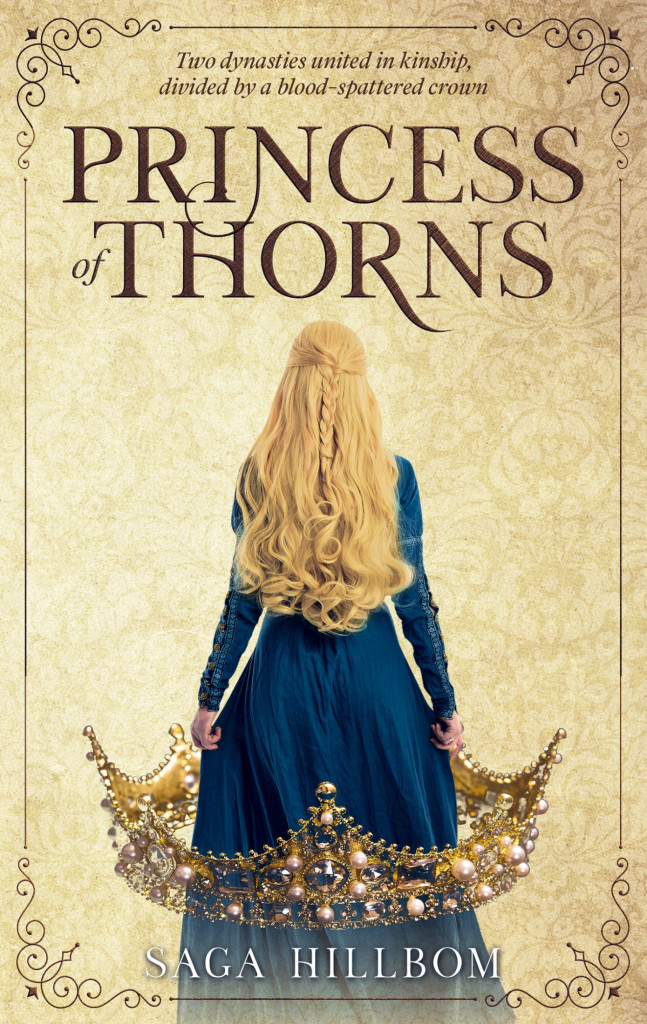
Now to the disadvantages:
From the back of the book
About the author
Princess of Thorns is a sweeping tale of loyalty and treason, ambition and family bonds.
The Yorkist dynasty that Cecily holds so dear soon faces another threat: the last Lancastrian claimant, Henry Tudor. Meanwhile, Cecily battles with envy towards her older sister, who is betrothed to Tudor.
My name is Saga Hillbom and I’m the author of four historical novels. I’m taking this opportunity to share with you what I consider to be the five main advantages and disadvantages of writing historical fiction—in short, a list of my likes and dislikes.
Princess of Thorns will be published in paperback on 1st March 2021 and is available to pre-order now: Princess of Thorns

